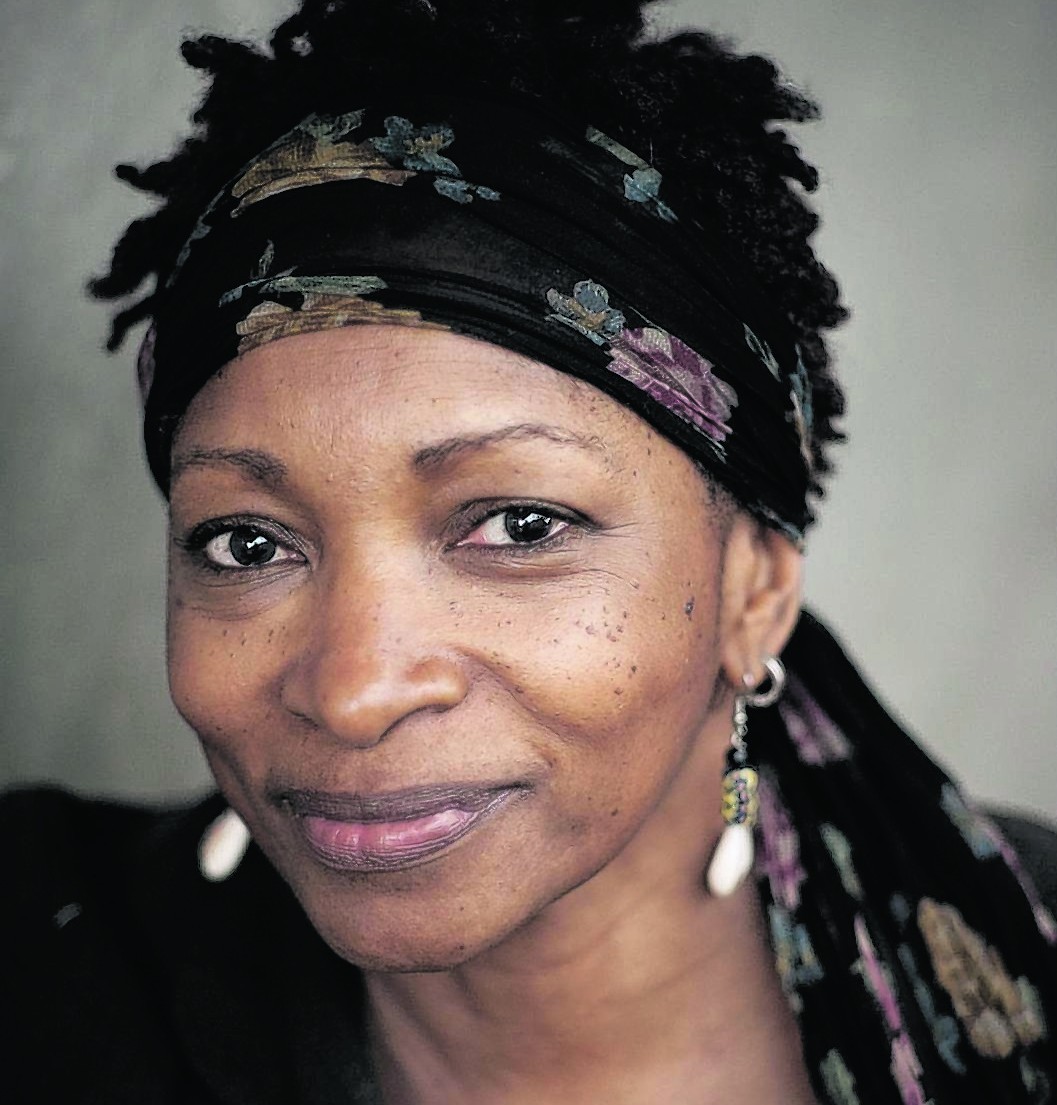There are page-turners aplenty at this year’s Inverness Book Festival, writes Susan Welsh
Get yourself along to Inverness Book Festival and you’ll find yourself transported to a variety of worlds, from frozen Antarctica to the heat of Chicago, from wartime wastelands to Highland villages.
The timing of the festival, which starts next Tuesday, August 19, also lends itself perfectly to delving into the independence referendum debate with authors Robert Crawford and Iain Macwhirter both talking about their books, which should lead to lively debate.
And for the first time, there will be an evening of Gaelic-language books, organised by the Gaelic Books Council, and two important events for young readers sponsored by Publishing Scotland.
Whether you’re simply a fan of literature or someone who has perhaps dreamed of putting pen to paper yourself, there’s plenty on offer.
As in previous years, there is a great line-up of authors and events; even those doing the interviews are well known in their own right.
Subjects on offer range from the aforementioned Antarctica, which features in Gavin Francis’s book Empire Antarctica: Ice, Silence & Emperor Penguins, which he wrote while working as base camp doctor at the Halley research station in Antarctica.
There is Tartan Noir, with Louise Welsh and Doug Johnstone, and 1970s Chicago and beyond is explored with Bonnie Greer.
Sebastian Barry, Man Booker shortlisted and one of the brightest lights in the brilliant world of Irish writing, author of eight previous novels, will transport you to 20th-century Ireland.
He’ll be interviewed by Jackie McGlone, an interviewer and feature writer specialising in arts, culture and design who is a major contributor to the London and New York City Guides.
Edinburgh-based writer, musician and journalist Doug Johnstone had his sixth novel, The Dead Beat, published this year.
His work has earned praise from the likes of Irvine Welsh and Ian Rankin and he’ll be interviewed by Michael Malone, author of the McBain series of Glasgow crime novels.
Glasgow-based writer Louise Welsh’s latest novel, A Lovely Way to Burn, is the first book in her Plague Times trilogy.
Her book is about a pandemic called The Sweats, which sweeps the globe and is about as far removed as you can get from the Guantanamo detention centre in Cuba, which is where Peter Millar’s extraordinary book Slow Train to Guantanamo takes readers.
Peter will be interviewed by Vanessa Collingridge, author and television presenter.
Of great interest to locals will be Douglas Thompson’s talk, as his sixth novel is about the Brahan Seer, who was executed at Chanonry Point, Fortrose, for witchcraft in the late 17th century.
It is said he predicted the Battle of Culloden, the Caledonian Canal, World War II and the Channel Tunnel, and Thompson’s book raises the question as to whether or not our current understanding of time is quite as safe and scientifically sound as we think it is.
With the anniversary of the start of World War I being commemorated at present, Patrick Watt’s Steel and Tartan is time sensitive, as it charts the adventures of the 4th Camerons from their training with the Highland Division through the winter of 1914 to their eventual break-up in March 1916.
Using unpublished diaries, letters and memoirs, together with photographs and newspaper accounts, it will be fascinating to hear Patrick tell their stories.
The forthcoming referendum is a subject on many lips and there are two writers appearing at the festival offering their take on the political scene.
Robert Crawford’s Bannockburns explores the literary-cultural background to Scottish nationalism in the lead-up to the independence referendum.
In his book, he examines how writers have set out in poetry, fiction, plays and on film the ideal of Scottish independence.
This is the only book to set out in full what Scottish independence has meant in literature and it shows how, even after 700 years, the Battle of Bannockburn remains a key reference point.
Meanwhile, author and political commentator Iain Macwhirter’s landmark book Road to Referendum tells the story of how Scots have reached the crossroads of independence.
He’ll take festival visitors back through Scottish history to explain how this event came about, and promises to take us behind the scenes of the political world to reveal what the movers and shakers of this extraordinary political scene really think.
Award-winning journalist, editor and writer Michael Tierney will talk about his latest work, The First Game With My Father, a beautifully written family memoir set in the Catholic working-class community of Glasgow.
Giving a few points on another city – the racist and segregated Chicago of the 1970s – is award-winning playwright Bonnie Greer, who will talk about her biography, A Parallel Life, and be interviewed by Colette Douglas-Home.
This is just a flavour of what the festival has to offer – there are more writers than you can shake a pen at and a host of events for children, potential writers, book groups and those with a passion for the Gaelic written word.
The 10th Inverness Book Festival runs from Tuesday, August 19, until Saturday, August 23. For full details visit www.invernessbook festival.co.uk or contact Eden Court Box Office on 01463 234234.
